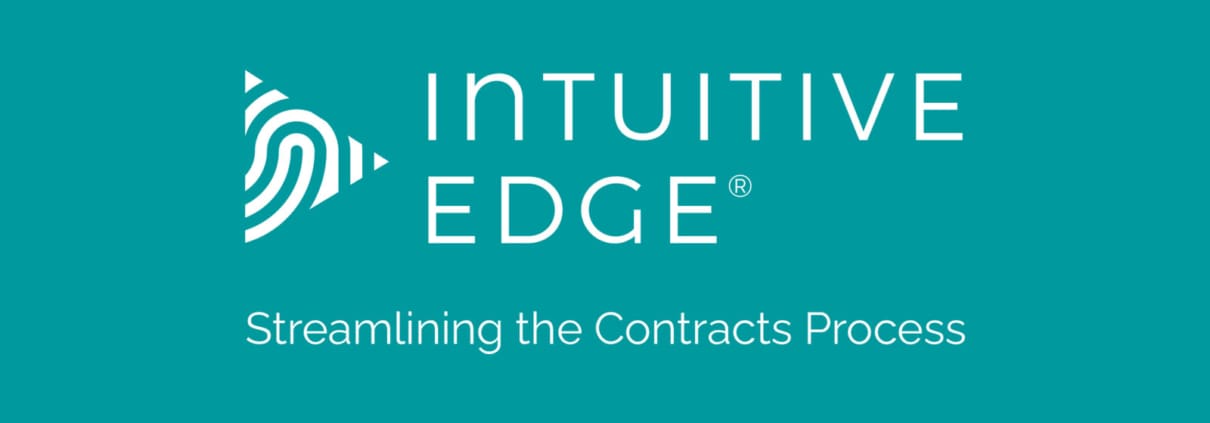Beyond Cryptocurrency: Blockchain’s Impact on M&A Integration
1. Smart Contracts:
Smart contracts are self-executing contracts with the terms of the agreement directly written into lines of code. These contracts automatically enforce and execute the terms of agreements based on the coded conditions. In the context of M&A and contract transition, smart contracts can significantly streamline the process by automating the execution of contractual obligations once certain conditions are met, reducing the need for intermediaries and decreasing the time and costs associated with contract management.
2. Enhanced Security and Transparency:
Blockchain’s decentralized nature ensures that every transaction is securely recorded and easily verifiable by all parties involved in the contract. This transparency helps build trust among parties, as each participant can verify the outcomes and conditions met without discrepancies. For contract transition, this means a more reliable and secure way of handling agreements during the sensitive phases of mergers, acquisitions, and divestitures.
3. Efficient Record Keeping:
The blockchain ledger provides an immutable and chronological record of all transactions, making it an excellent tool for managing the complex web of agreements and documents involved in contract transitions. The technology can be used to maintain a transparent and unalterable history of contract modifications, approvals, and compliance, ensuring all parties have access to the same information and significantly reducing disputes and discrepancies.
4. Speed and Efficiency:
Blockchain can automate and accelerate the contract transition processes through smart contracts and reduced manual handling. This automation not only cuts down on the administrative overhead but also minimizes the chances of human error, making the transition process faster and more efficient.
5. Improved Compliance and Auditing:
The immutable record of transactions and automated execution of contracts on blockchain platforms provide a solid foundation for compliance and auditing. Companies can use blockchain to ensure that all aspects of a contract transition adhere to relevant laws, regulations, and standards, with a clear, tamper-proof audit trail.
Challenges and Considerations
While the potential benefits of blockchain for contract transition are significant, there are also challenges and considerations, such as the current regulatory environment, the need for standardization across blockchain platforms, and the technological and operational readiness of all parties involved in the transition process.
Blockchain technology is poised to revolutionize contract transition by offering unprecedented levels of security, efficiency, and transparency. As the technology matures and more use cases emerge, we can expect to see broader adoption in contract management and transition processes.


 Blockchain technology, at its core, is a decentralized digital ledger that records transactions across many computers in such a way that the registered transactions cannot be altered retroactively. This technology is the backbone of cryptocurrencies like Bitcoin, but its potential applications go far beyond digital currencies. Here are some examples:
Blockchain technology, at its core, is a decentralized digital ledger that records transactions across many computers in such a way that the registered transactions cannot be altered retroactively. This technology is the backbone of cryptocurrencies like Bitcoin, but its potential applications go far beyond digital currencies. Here are some examples:



Leave a Reply
Want to join the discussion?Feel free to contribute!